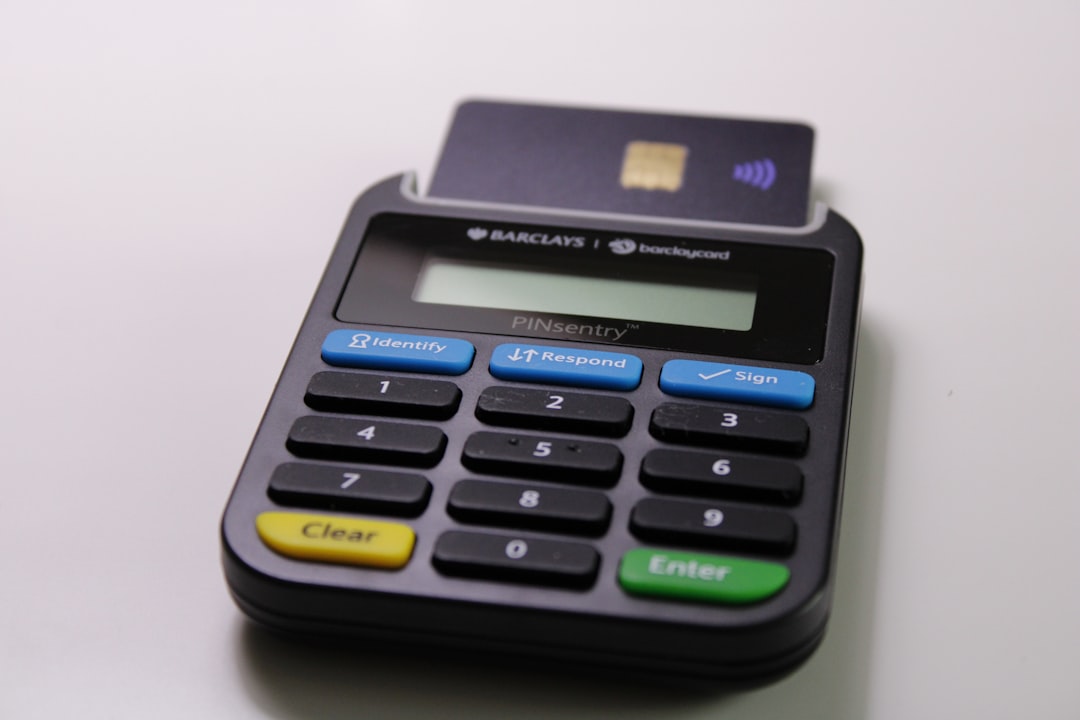body {
font-family: sans-serif;
line-height: 1.6;
}
h1, h2, h3 {
color: #333;
}
Cash. The physical manifestation of currency. For centuries, it’s been the cornerstone of global commerce, a tangible representation of value exchanged hand-to-hand. But in an increasingly digital world, is cash still king, or is it a relic of a bygone era? This comprehensive exploration dives into the multifaceted world of cash, examining its historical significance, modern-day advantages and disadvantages, its uncertain future, and the crucial security measures surrounding its use.
The Historical Significance of Cash: From Barter to Bitcoin
Before the advent of sophisticated financial systems, bartering was the primary method of exchange. This inefficient system, reliant on the “double coincidence of wants,” paved the way for the emergence of commodity money – goods with inherent value, like shells, salt, or livestock, used as a medium of exchange. Gradually, precious metals like gold and silver became preferred due to their durability, portability, and divisibility. The invention of coinage standardized these transactions, marking a significant leap forward. Paper money, initially representing a claim on precious metals held in reserve, followed, significantly simplifying transactions and facilitating larger-scale commerce. This evolution, from barter to today’s complex financial systems, underscores cash’s enduring role in human history. Its tangible nature provided a sense of security and control, a feeling that digital transactions sometimes lack.
Advantages of Cash: Privacy, Accessibility, and Simplicity
Even in our technologically advanced world, cash retains several key advantages. Firstly, it offers unparalleled privacy. Unlike digital transactions, which leave a digital trail, cash transactions are largely anonymous, protecting personal financial information from prying eyes. This is particularly crucial for individuals concerned about surveillance or those who prefer to keep their spending habits private. Secondly, cash remains incredibly accessible. Not everyone has a bank account or access to digital payment systems, making cash a vital tool for financial inclusion, especially in underserved communities. Finally, cash transactions are simple and straightforward. No need for internet access, apps, or complicated procedures – just a simple exchange of notes and coins.
Disadvantages of Cash: Security Risks, Inconvenience, and Illicit Activities
While cash offers distinct benefits, it also presents significant drawbacks. Security is a major concern. Carrying large sums of cash increases the risk of theft or loss. Furthermore, cash is susceptible to damage or deterioration, unlike digital records which are easily backed up. The inconvenience associated with cash is another significant disadvantage. Managing large amounts of cash can be cumbersome, and finding change or dealing with potential counterfeit bills adds further complications. Finally, the anonymity of cash makes it a preferred tool for illicit activities like money laundering, tax evasion, and the funding of criminal enterprises. This poses a significant challenge for law enforcement and regulatory bodies.
The Future of Cash: A Slow Decline or a Resilient Comeback?
The future of cash is a subject of ongoing debate. The rise of digital payments, contactless transactions, and cryptocurrencies is undoubtedly challenging the dominance of cash. Many governments are exploring the possibility of phasing out physical currency, driven by factors such as reduced costs associated with printing and distribution, and the increased ability to track financial flows for regulatory purposes. However, the persistence of cash’s advantages, particularly its accessibility and privacy, suggests that it won’t disappear entirely anytime soon. A likely scenario is a gradual decline in cash’s usage, with a coexistence of digital and physical forms of currency for the foreseeable future. The extent of cash’s decline will depend on factors like technological advancements, regulatory changes, and the evolving preferences of consumers.
Securing Your Cash: Protecting Yourself from Loss and Fraud
Safeguarding your cash is crucial. Avoid carrying large amounts of cash unnecessarily. Utilize secure methods of storage, such as safes or bank deposit boxes. Be vigilant when using cash in public places and avoid displaying large sums of money. Learn to identify counterfeit banknotes, paying close attention to security features. If you suspect you have received a counterfeit bill, report it to the authorities immediately. Regularly reconcile your cash balances to ensure accuracy and detect any discrepancies. By adopting these precautions, you can significantly reduce the risk of loss or fraud associated with handling cash.
In conclusion, cash’s journey from bartering to its current position in a digital age is a fascinating and complex one. While its future remains uncertain, its enduring presence highlights its inherent value and continued relevance in many aspects of our lives. The balance between the advantages and disadvantages will continue to shape its role in the global economy for years to come.
SEO Tags: cash, digital currency, future of cash, cash security, financial inclusion




